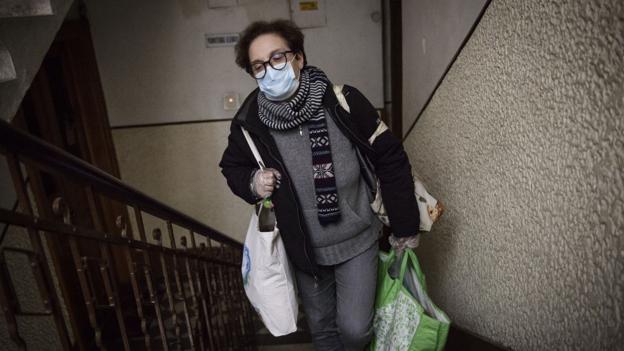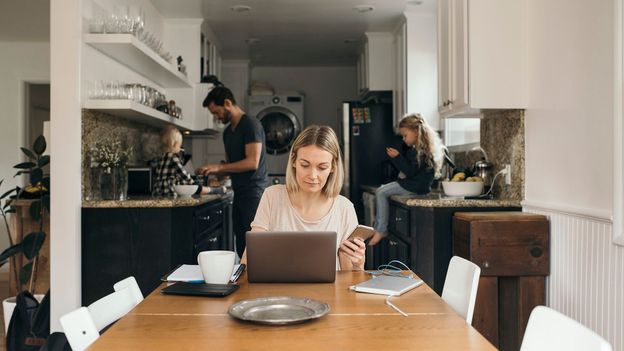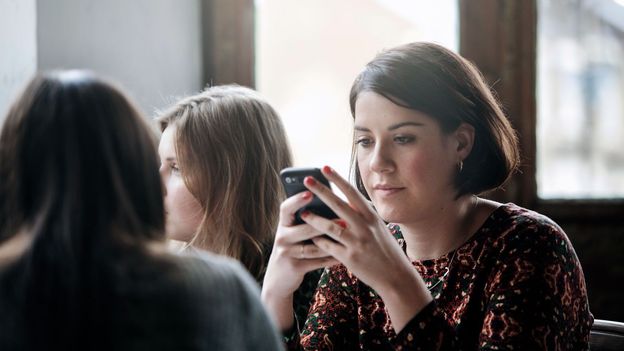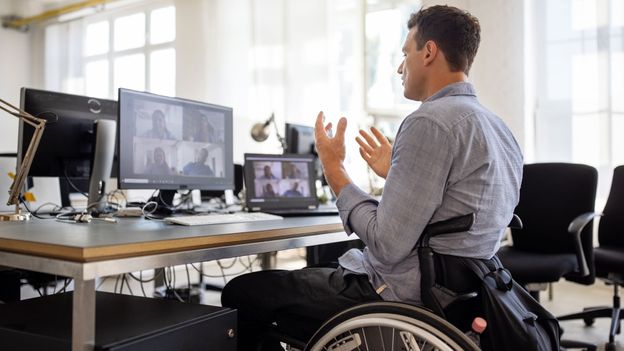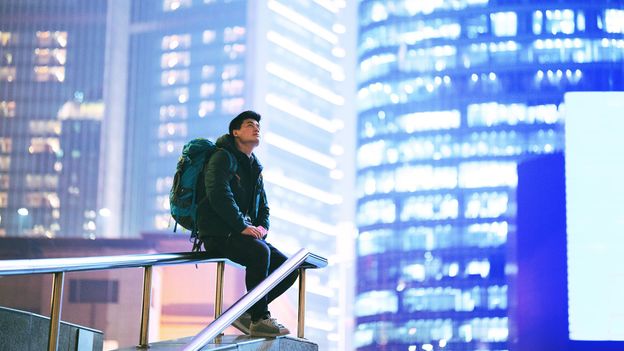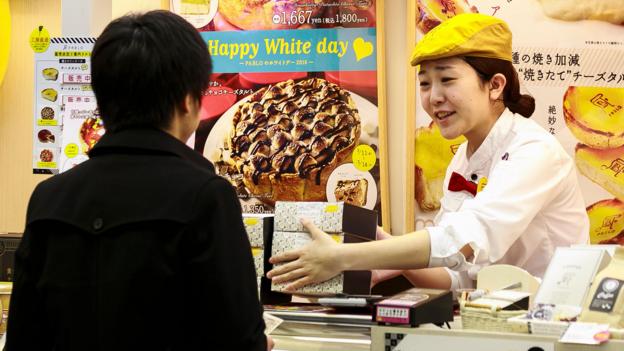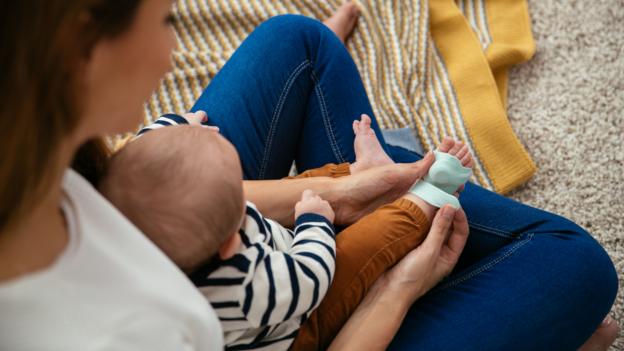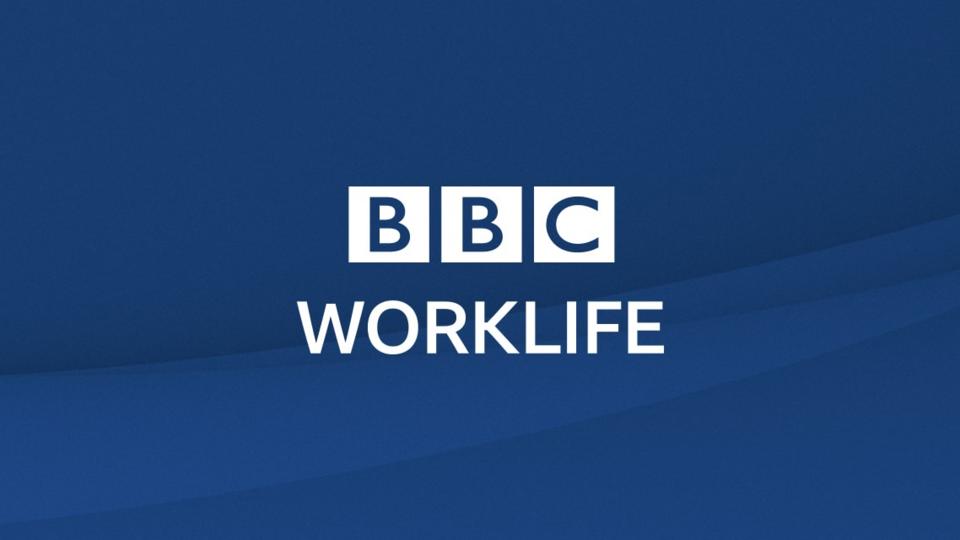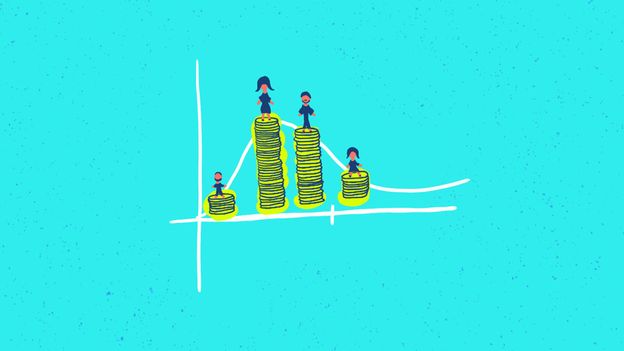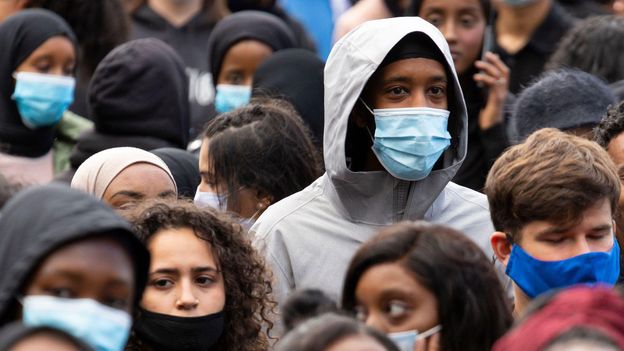On an hourly basis, our top concerns can swing from how we keep our families safe to what the kids are going to eat for dinner. “You have these range of decisions that go from borderline life-or-death on one end of the spectrum – and then snacks on the other,” Yuko says.
“People are still trying to figure out how to exist in this new world,” adds Koretz. Figuring out how to structure your day or prioritise tasks now seems herculean, especially when your home, once your sanctuary, now potentially triples as an office, school and quasi-prison.
This decision fatigue, combined with the pressure we’re putting on ourselves to make smart, safe choices for ourselves, our families and our communities, can lead to pandemic-specific burnout.
The stress of unwinding
Experiencing some emotional exhaustion and anxiety is to be expected, the experts agree. The problem is that many of our usual coping mechanisms have vanished – think going to the gym or taking an art class – and trying to shoehorn in a new one might actually exacerbate burnout.
Those tweets urging people to either start or finish that passion project can be a source of stress for some, who already feel frenzied that they’re not spending their time correctly. It can lead to even more stress for people worrying they’re not using every moment to be productive – like finishing a project or learning a new skill – especially as we’re all trying to figure out the best way to cope with our new reality.

